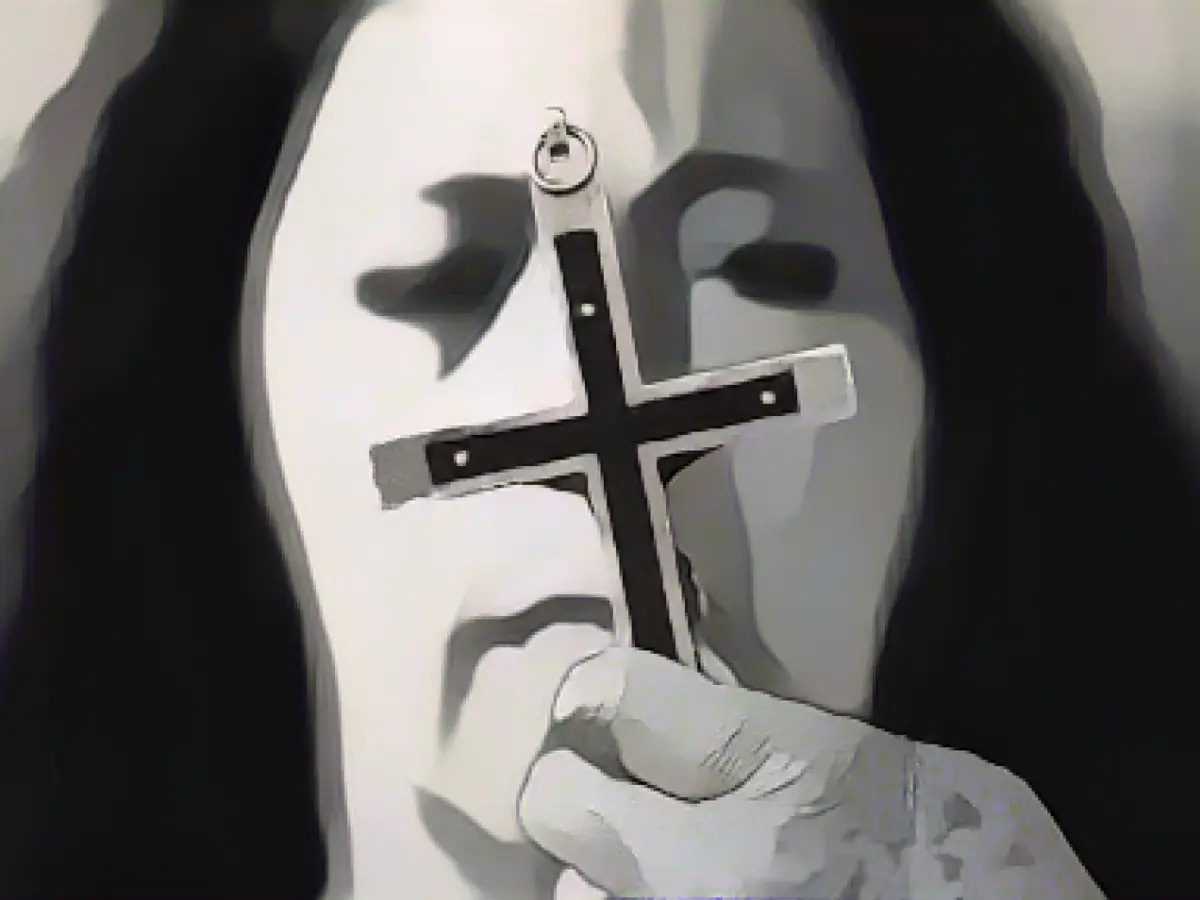In the realm of exorcisms, the World Association of Exorcists (AIE) recently appointed a new president, 53-year-old Czech priest Karel Orlita. Yet, you might be wondering, what exactly does an exorcist do in an increasingly enlightened world?
Jörg Müller, a psychotherapist, religious scholar, and priest near Munich, Germany, publicly admits to performing exorcisms. In an interview, he debunked the common misconceptions about exorcisms portrayed in horror films. Instead, a modern exorcism is a ritualized prayer for deliverance, often performed silently, where a suspected possessed person is evaluated for mental illness or possession symptoms.
When it comes to recognizing possession, Jörg Müller explained that while patients may display strange behaviors like screaming, cursing, and speaking in unknown languages, it’s important to remain cautious. These symptoms do not necessarily indicate demonic possession, as there's no concrete proof for the existence of demons or demonic forces.
Jörg Müller treats people on a case-by-case basis. Some may be suffering from mental illnesses or traumas, while others might actually be possessed. In the rare instance of true possession, the individual would show pronounced signs not explainable by natural causes, such as superhuman strength or blasphemous rage.
In most cases, however, it turns out that they're dealing with psychological issues instead. That was the case with a recent woman who claimed to be possessed, revealing she had been abused and was suffering from dissociation.
While Jörg Müller treats people on faith, he acknowledges that science offers no proof for possessions or demons. However, he believes that after thorough medical examinations, there remains a residual chance of a demonic force in some rare cases. In these instances, he opts for prayer as a means of deliverance.
To ensure they help the right people, congregations should have a designated contact point for those who have fallen off the grid and lack medical attention. Although there is no officially appointed exorcist in Germany, priests with a strong spiritual connection and understanding of psychology can help individuals in need.




